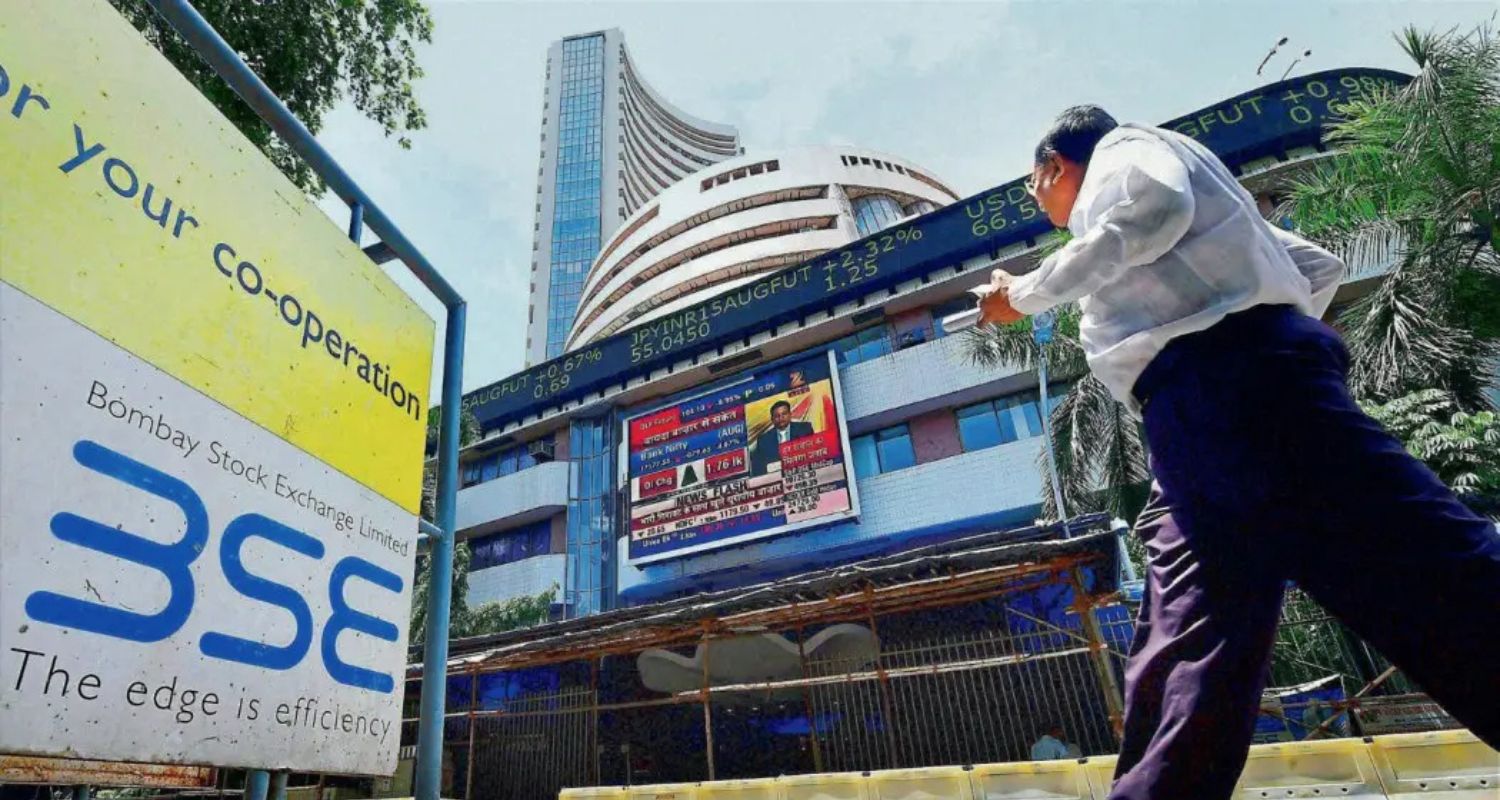Benchmark stock market indices opened Friday's trading session on a cautious note, a direct consequence of escalating trade tensions between India and the United States. Investor sentiment was unsettled after US President Donald Trump ruled out any further trade negotiations with India until the ongoing tariff dispute is resolved. His statement came after he announced on Thursday an additional 25 pc tariff on Indian exports, effectively doubling the existing duty to 50 pc.
The S&P BSE Sensex fell by over 150 points at the opening bell, and by 9:35 am, it was trading 310.53 points lower at 80,312.73. The Nifty50 index also dropped, losing 84.55 points and trading at 24,511.60. The decline came after a shaky trading day on Thursday, when both indexes bounced back sharply during the day even though the tariff news was already out. However, traders are now increasingly jittery about the deteriorating US-India trade relationship, particularly since the White House has closed the door on near-term talks.

Dr VK Vijayakumar, the Chief Investment Strategist at Geojit Financial Services, said that the market's basic strengths are not good, which is making the effects of the geopolitical issues worse. He said that the 'ongoing lower lows on the Nifty are a weak signal from a technical point of view.' From the fundamentals, he added that there are no clear signs of a big increase in earnings for the fiscal year 2026. These factors, combined with India's relatively high valuations, are driving sustained selling by Foreign Institutional Investors (FIIs).
FIIs have been on a consistent selling spree, recording outflows on every trading day so far in August, with their total net sales reaching ₹15,950 crore for the month. Vijayakumar pointed out that Thursday's sharp recovery in the Nifty was primarily due to 'short covering triggered by the strong buying by DIIs (Domestic Institutional Investors) of ₹10,864 crores.'
He added that in the current climate of negative sentiment caused by the trade skirmishes, FIIs are likely to continue selling, with the 'only saving grace' being the sustained and strong buying by DIIs. Market analysts anticipate that volatility will persist in the coming sessions as investors await further developments on the trade front.
Also Read: Last-hour buying propels markets


